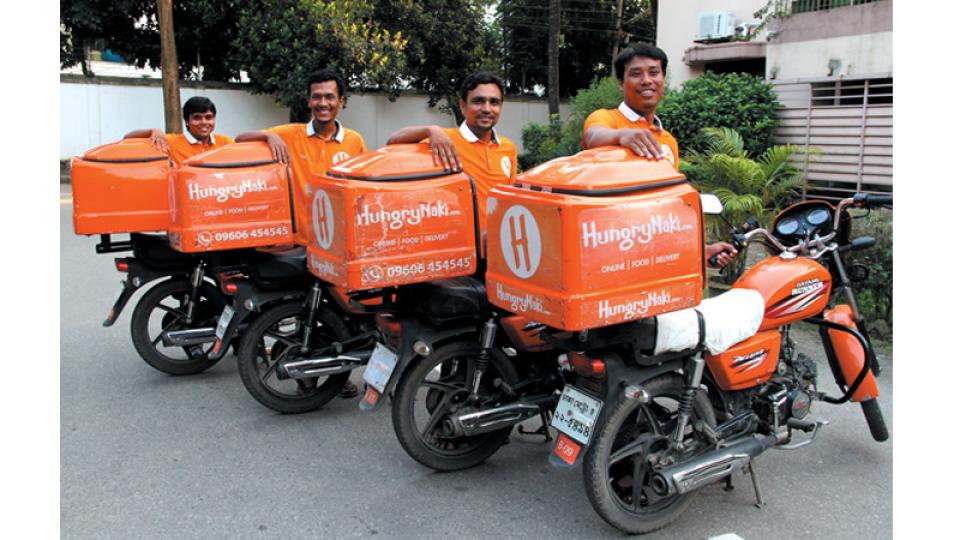Alibaba Group Holding, the Chinese e-commerce giant, has reached a deal to acquire Bangladeshi on-demand food delivery service HungryNaki via e-commerce company Daraz Group for about $1 million, according to several media reports. Future Startup could not independently verify details of the deal. Alibaba has been in talks to buy HungryNaki for the last few months. The move comes at a time when Alibaba has been seeking growth outside China and runs into political and regulatory challenges in India.
Into the details:
- Daraz will own 100% of the company and is likely to focus on expansion. A Nikkei Asia report says Daraz plans to expand HungryNaki's network to around 100 cities, with investments in infrastructure, technology, and human resource.
- The market for food delivery has grown significantly over the past few years. But HungryNaki has been struggling to keep pace with other competitors in the market such as Foodpanda, Pathao, Shohoz, Evaly, Kludio, and CookUps. Also, the passing of the Co-founder and COO, Tausif Ahmed in 2019, was a shock for the company.
- "This is the first acquisition of a Bangladeshi startup," Chief Executive Officer of HungryNaki A.D. Ahmad told Nikkei Asia. "It is a matter of pride. We have concluded the deal and it may take a month to finalize the acquisition process."
- Founded in 2013, HungryNaki is the first on-demand food delivery service in Bangladesh. The company currently has a presence in five cities: Dhaka, Chattogram, Sylhet, Cox's Bazar, and Narayanganj and claims to serve over 500,000 regular customers. It has around 500 delivery men and 100 staff.
Alibaba in Bangladesh: Ant Group, Alibaba's financial services subsidiary, previously invested in bKash, the largest mobile financial service provider of Bangladesh, and owns a 20% stake in the company.
Alibaba's food delivery business: In 2018, Alibaba acquired Chinese food delivery company Ele.me for $9.5 billion, which is now the country's second-largest food delivery company. Alibaba's Ant Group has also invested in Indian food delivery company Zomato.
Why this matter:
- By sealing this deal Alibaba has strengthened its footprint in the Bangladeshi market.
- The move is likely to increase competition in the already hyper-competitive food delivery market in Dhaka.
- Many local entrepreneurs fear unfair competitive pressure due to the infinite access to resources companies like Alibaba have.
Go Deeper:
- Read our coverage of HungryNaki here.
- Read our coverage of Alibaba here.

